November 21, 2016
Staples reveals winners of Tomorrow’s Workplace design competition 0
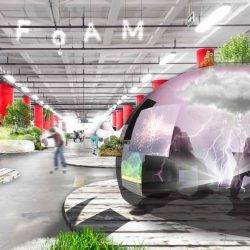 According to the winning entries of the Tomorrow’s Workplace design competition from Staples Business Advantage and Metropolis magazine, in 2021 the workplace may include inflatable pods set up in urban parks, or young professionals working alongside active retirees in a setting that resembles a small town more than an office building. The contest was hosted by Staples Business Advantage, the business-to-business division of Staples, and architecture magazine Metropolis. “The massive corporate office tower, usually a glass box with central air pumped in, is turning into the dinosaur from the 20th century,” said Susan S. Szenasy, publisher and editor in chief, Metropolis. “Workplaces will become more multi-generational and multi-functional, fostering communities in the process. With the many changes in how and where we work, one thing is sure—today’s office is not your father’s or mother’s office.”
According to the winning entries of the Tomorrow’s Workplace design competition from Staples Business Advantage and Metropolis magazine, in 2021 the workplace may include inflatable pods set up in urban parks, or young professionals working alongside active retirees in a setting that resembles a small town more than an office building. The contest was hosted by Staples Business Advantage, the business-to-business division of Staples, and architecture magazine Metropolis. “The massive corporate office tower, usually a glass box with central air pumped in, is turning into the dinosaur from the 20th century,” said Susan S. Szenasy, publisher and editor in chief, Metropolis. “Workplaces will become more multi-generational and multi-functional, fostering communities in the process. With the many changes in how and where we work, one thing is sure—today’s office is not your father’s or mother’s office.”







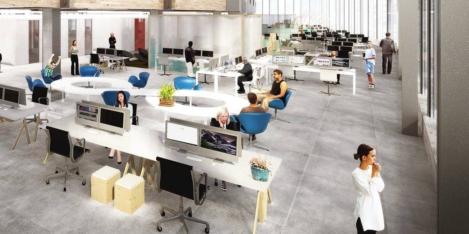
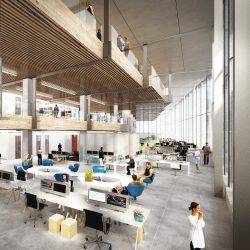
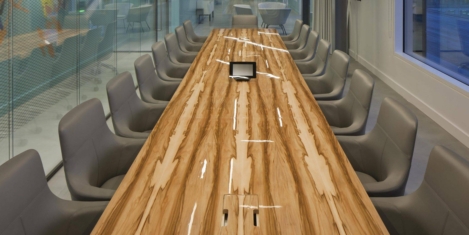
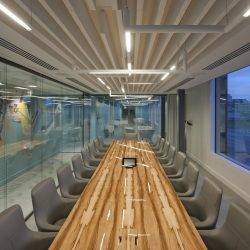
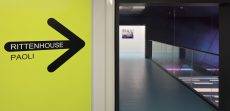
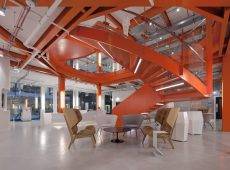
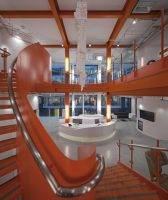
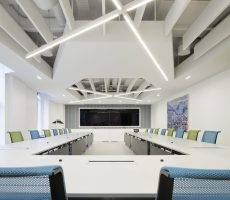
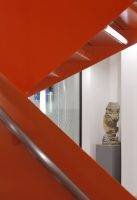
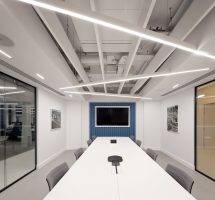
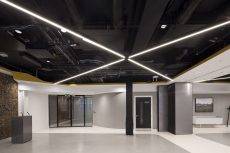
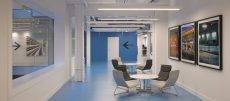
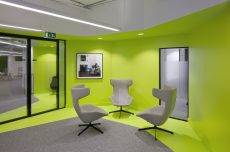
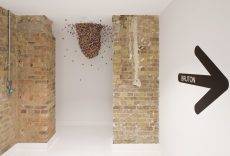
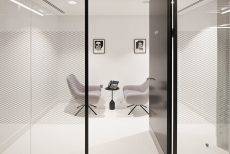
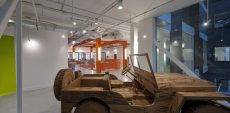
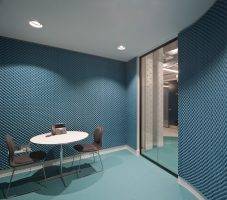
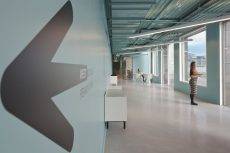
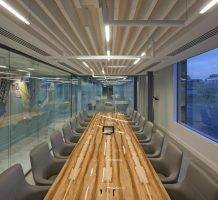
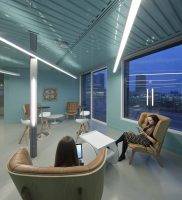


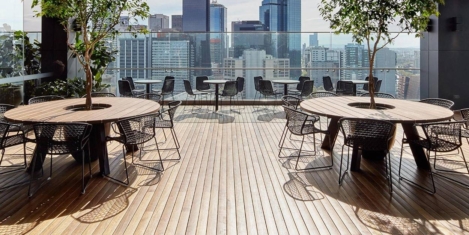
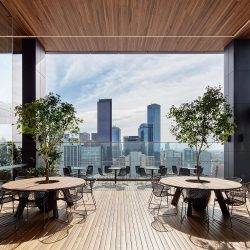




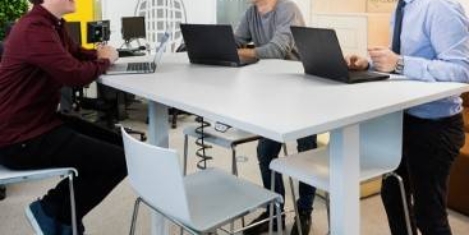
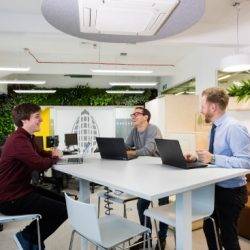
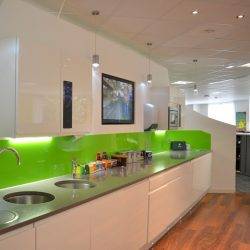













November 25, 2016
Workplace professionals should look to the consumer sector for boosting engagement 0
by Jeff Flanagan • Comment, Facilities management, Workplace, Workplace design
More and more businesses are recognising the power of the workplace experience to drive employee performance and engagement. Global brand Airbnb, for example, has now renamed its head of human resources as “chief employee experience officer.” This is good news for workplace design and management professionals. We are well placed to capitalise on this shift in business opinion, but if we want to make a tangible impact, we need to bring practical solutions to the table. First and foremost, these need to be backed up by research. There have been few studies specifically into what makes a healthy and productive work environment. However, there are a number of research projects that examine how a human being’s surroundings impact their mood and behaviour, and in particular how consumer environments shape customers’ perception of and engagement with a brand. As workplace professionals, we can learn a great deal from this consumer research and this is why workplace design and management teams should look towards consumer-facing industries for inspiration.
(more…)